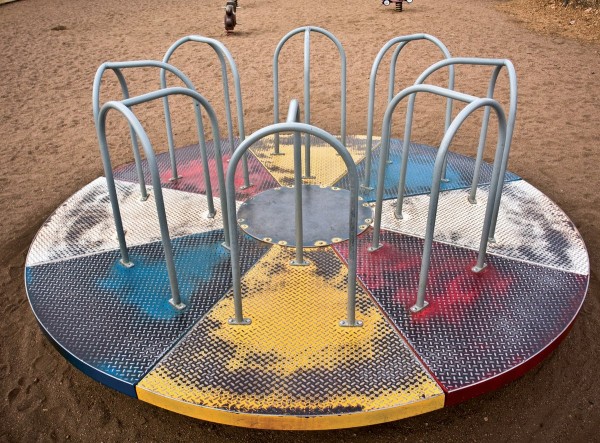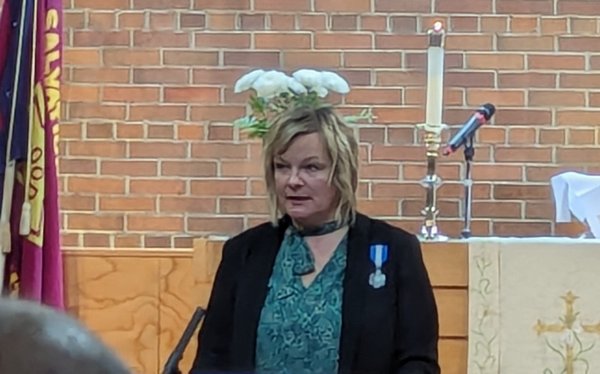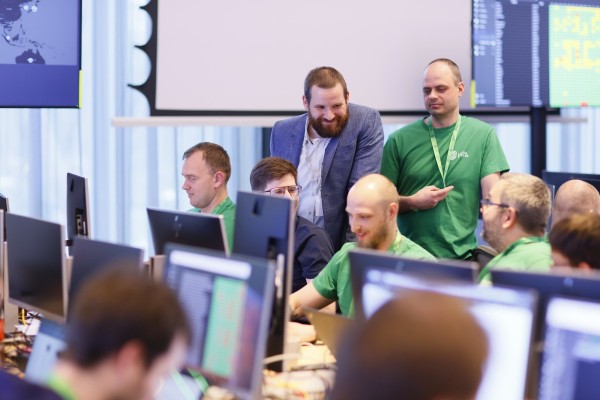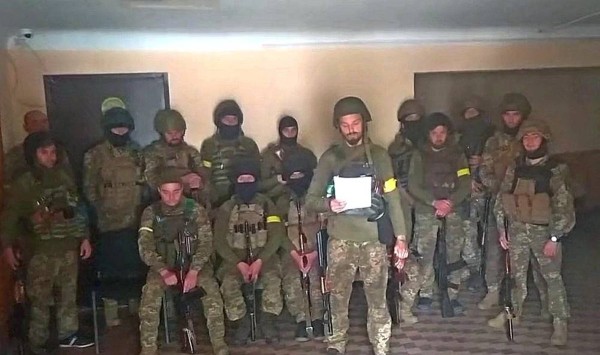VIENNA, September 28 – Ravil Gainutdin, the head of the Union of Muftis of Russia (SMR), has touched off a firestorm by his comments about the role of Islam in the past and future of Russia, a reminder if one is needed of how sensitive almost all historical events are in that country and how closely they are bound up with current assessments of the future.
Speaking to a Moscow conference on “Russia and the Islamic World: A Partnership in the Name of Stability” last Thursday, Gainutdin first developed the oft-cited observation of Russian historian M.N. Karamzin that “Moscow owes its greatness to the khans” of the Golden Horde” (www.blagovest-info.ru/index.ph....
The Moscow mufti added that this “assessment” applies to Russia as a whole because “the first massive state unification of Russian Orthodox and Turkic Muslim peoples took place in the 13-14th centuries within the borders of the Golden Horde, when thanks to the political will of [its] khans the assembling of the divided Russian principalities around Moscow began.”
Arguing that the nature of this origin of the Russian state underscores the importance of Islam within the Russian state and society in the past, Gainutdin then argued that Islam is fated to play an even greater role in that country and its place in the world now and in the immediate future.
Gainutdin cited the words of the Tatar writer, editor, and philosopher Ismail-bey Gasprinsky (1851-1914) that “in the perhaps not distant future, Russia is fated to become one of the remarkable Muslim states,” a development Gasprinsky said “will do little to lessen its significance as a great Christian power.”
Today, the SMR chief said, “we all can testify how true this prophecy has turned out to be: present-day Russia, if one takes into consideration the dynamics of the development of its Muslim community is in fact a significant Muslim country” and therefore it is entirely appropriate that the Organization of the Islamic Conference will soon include it as a member.
Not surprisingly, Gainutdin’s remarks quickly became the focus of criticism. Archmonk Filipp, the deputy head of the Moscow Patriarchate’s External Affairs Department, said that while some historians give a “positive” assessment of the role of the Golden Horde on Russian historical development, he does not (www.blagovest-info.ru/index.ph....
If the Horde had played such a positive role, Filipp continued, “and the Russian principalities had felt themselves completely satisfied within the framework of this state formation, they would not have led the national struggle for liberation from the yoke of the Golden Horde.”
Igor Froyanov, a history professor at St. Petersburg University, was even more critical, pointing on that “the influence of the Mongol-Tatar yoke was chiefly negative” and that “a powerful and united Russian state arose not thanks to the Golden Horde but in spite of it” and in the struggle against it (www.rusk.ru/newsdata.php?idar=....
But the most thoroughgoing and in many ways most interesting critical comments came from the Institute of Oriental Studies which released a statement on Gainutdin’s argument and from another mufti who asked some pointed questions about what the SMR chief may have thought he was doing in making these remarks.
According to the Institute, Gainutdin’s line of argument reflects “Eurasianist ideas” which were “first formulated by a group of Russian émigré historians in the 1920s and which are extremely popular now among part of Russian Muslims” – and the institute could have added among some nationalists, like Aleksandr Dugin, as well (www.ia-centr.ru/expert/5964/).
In the Eurasianist conception, there has been “an historical succession of great continental powers of the medieval period – the Turkic khanate, the Mongol empire and the Russian empire ‘which objectively have handed off to one another the function of the assembly of peoples in common borders.”
And from this it follows, the Institute declaration continued, that “the Russian Empire, the USSR, and the Russian Federation act as heirs ‘to the unifying mission of the previous ‘super-powers’ of Eurasia, in the first instance of the Golden Horde,’” rather than as states with their own self-definition.
But while Russia’s ties to the Horde did “enrich Russian culture” and in no way should be rejected as entirely bad, the Institute concluded, at the same time, no one should forget “the negative consequences” of the Mongol conquest of the 13th century, against which Russians struggled as they build their own state around Moscow.
Gainutdin’s argument was criticized from another direction by Mufti Mukhammedgali Khuzin of Perm. He told Interfax-Religion that in his view, the SMR chief’s statements “do not correspond to historical truth” and represent a potentially dangerous comment in the current context (www.interfax-religion.ru/islam....
The fact that the Golden Horde lasted “no more than three centuries,” Khuzin continued, not only testified to the internal political and economic “contradictions” within it but also suggests that it was a far less important state formation either for itself or for others than Gainutdin claims.
Moreover, the Perm mufti said, “the degradation of the khan’s powers which took place at the twilight of the Horde’s existence in no way could make possible the development, flowering and unification of a Russian state which was completely dependent on it.” Thus, the Horde’s role in Russian history should not be exaggerated.
Khuzin said he found difficult to understand why Mufti Gainutdin had chosen to make “such a declaration,” with its potential to divide, given that “the government of Russia, the heads of the traditional religions and the Russian people itself are [currently] striving toward peace and an all-sided strengthening of inter-national and inter-religious relations.”
Russia owes its greatness to the Golden Horde, Gainutdin says (3)
Archived Articles | 28 Sep 2009 | Paul GobleEWR
Viimased kommentaarid
Kommentaarid on kirjutatud EWR lugejate poolt. Nende sisu ei pruugi ühtida EWR toimetuse seisukohtadega.
Unfortunately your perception of the ROC is painfully out of kilter with reality. The sad fact is that the ROC is today stronger than any single organization in Russia, which is why much of the potential for Russia's future direction stems from the Church's role in positioning Russian people towards believing in God and in themselves. The new Cathedral in Tallinn will galvanize much of the ideology now being planned to mobilize Russians throughout the Post-Soviet Union to help rake out the rot that has set in as a result of misguided Capitalism, a Western morality that has lost its bearings completely, and a rejuvenation of Russian culture and lifestyle to its former glory. No small task, but in the East they take the challenge seriously.
Wishing that something were true, doesn't make it so.
Regrettably, the Orthodox Church in Russia has had no social significance since Tsarist days. During the Soviet period, it was thoroughly infiltrated by the KGB.
Today, in the post-Soviet gangster period, it's little more than an ornament. Putin went there for Yeltsin's funeral to give the affair a bit of dignity and decorum.
Regrettably, the Orthodox Church in Russia has had no social significance since Tsarist days. During the Soviet period, it was thoroughly infiltrated by the KGB.
Today, in the post-Soviet gangster period, it's little more than an ornament. Putin went there for Yeltsin's funeral to give the affair a bit of dignity and decorum.
Let's not forget that Russia's head is the Orthodox Church, and its tail is the Golden Horde. These two extreme ideologies make Russia volatile in her neighbors' eyes, since the head must crush the tail; but if the tail strikes back each time, the head is wounded but still retains enough strength to force her hand in conspiring the future of Europe. Russia cannot subdue the Horde, but the Horde will increasingly become a thorn in the side of Orthodoxy.
Archived Articles
TRENDING




















